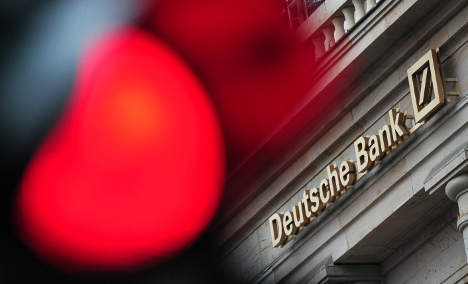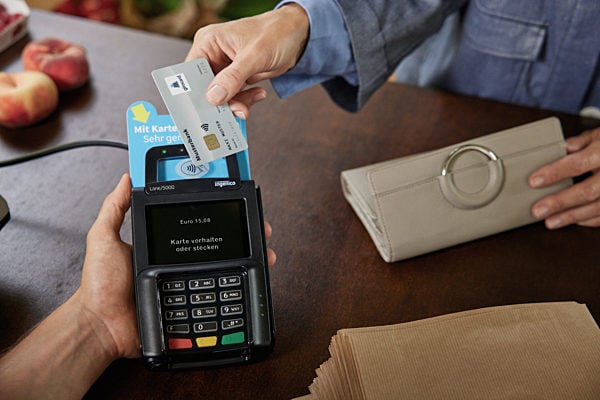Bloomberg reports that Germany's biggest bank could have masked as much as $6 billion in transactions which disguised the fact that Russians suffering under US sanctions were furrowing their money into more stable financial markets.
In the so-called mirror trades, Russian businessmen may have bought securities in rubles in Deutsche Bank's Moscow office before selling identical ones in a foreign currency through the London office.
The bank is also conducting an internal review of the transactions, and Bloomberg reports that close associates of Russian President Vladimir Putin were involved in the money flows.
The transactions are said to involve Arkady and Boris Rotenberg, close friends of Putin who got rich on state-owned firms which were sanctioned by the US after Russia annexed Crimea from Ukraine in 2014.
The trades under review took place between 2011 and 2015, Bloomberg reports.
US investigators are looking into whether Deutsche Bank complied with US anti-money laundering laws.
This is just the latest investigation in what has become something of an annus horribilis for the German lender.
In the US the bank is being investigated as part of at least three other criminal investigations, while globally it is mired in as many as 6,000 further litigation cases.
Meanwhile in April it reached and agreement with UK and US authorities to pay a $2.5 billion over manipulating of the Libor rate.
Falling profits also led to the unexpected resignation of co-CEOs Anshu Jain and Jürgen Fitschen in June.
Earlier in October Deutsche Bank issued a warning that it would post losses of €6.2 billion for the third quarter.
The bank also recently downsized its Moscow operations “in order to reduce complexity, costs, risks, and capital consumption.”



 Please whitelist us to continue reading.
Please whitelist us to continue reading.
Member comments